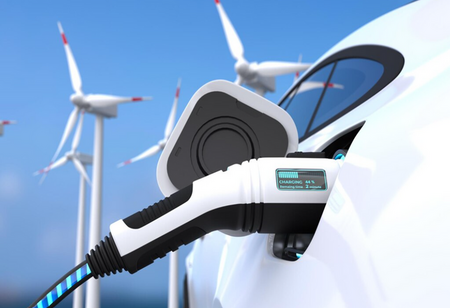
According to insiders, the global JSW Group, which manufactures steel, cement, and energy, is in advanced talks with MG Motor India to acquire a 48-49 percent interest in the company. Meanwhile, MG Motor India is trying to generate at least Rs 5,000 crore through the sale of a controlling stake (at least 51%) in the company. Apart from transforming the corporation into an entity owned by Indians, the company feels the move will help drive its expansion aspirations.
According to Rajeev Chaba, CEO Emeritus of MG Motor India, the goal is to spend the proceeds from the equity sale in a second production unit in Halol, Gujarat, where the company's original plant is located. While the existing factory can produce 120,000 units per year, the development of a second plant might increase that capacity to 300,000 units per year. "We intend to dilute our stake, with Indians owning the majority."
The second stage entails increasing our capacity with a new plant. While our existing facility in Halol (Gujarat) has a capacity of 120,000 units per year, it will soon be depleted. As a result, we want to build a second facility at the same location with an additional capacity of 180,000 units per year," Chaba previously stated.
Given the scope of MG's growth, he believes the expansion is necessary. In FY23, the firm sold 48,866 passenger cars, a 21% increase over the previous year's sales of 40,369 units and more than double the 21,954 units sold in FY20, the company's first full year of operations. Chaba anticipates sales of more than 70,000 units in FY24.
Furthermore, the funds from the stake sale will be utilized to localize the component ecosystem. According to him, in addition to bringing in local investors/owners, localizing the company will entail localizing its technology.
It intends to start producing batteries for electric vehicles at its Halol factory in 2024. Other critical components, such as cells, which the local sector now imports, would be manufactured in India through joint ventures.

